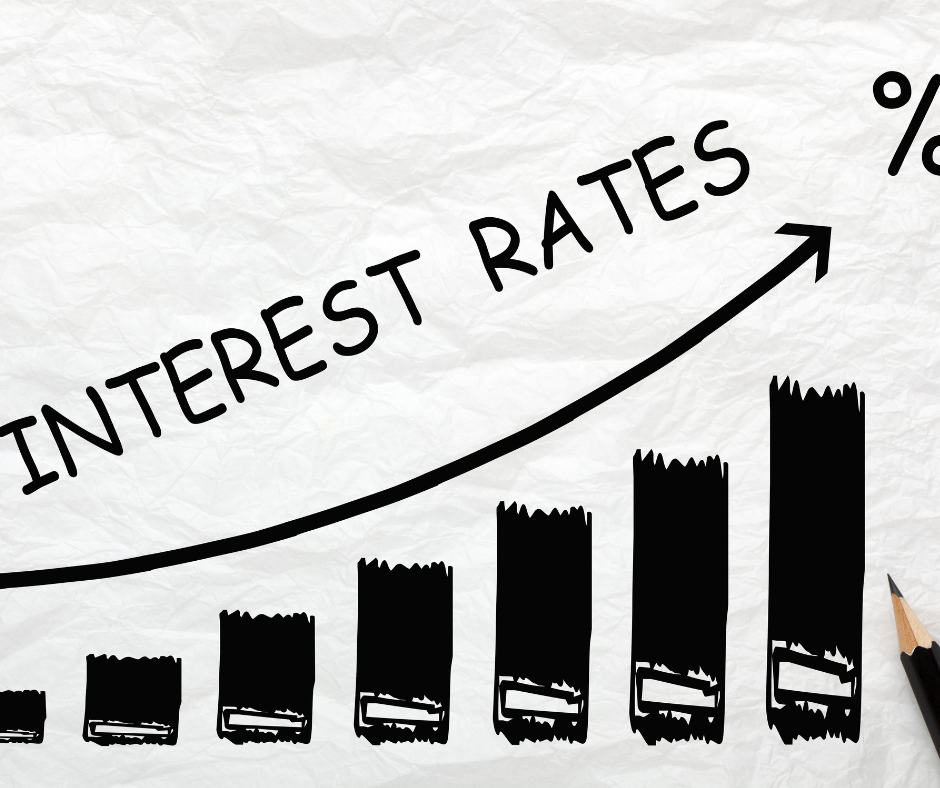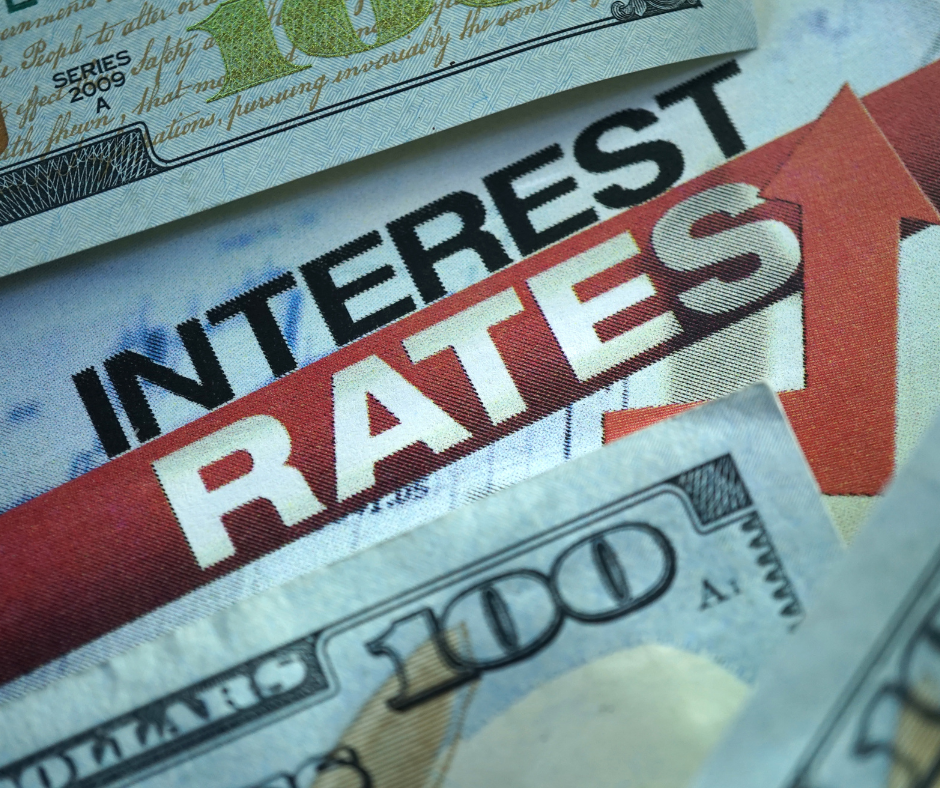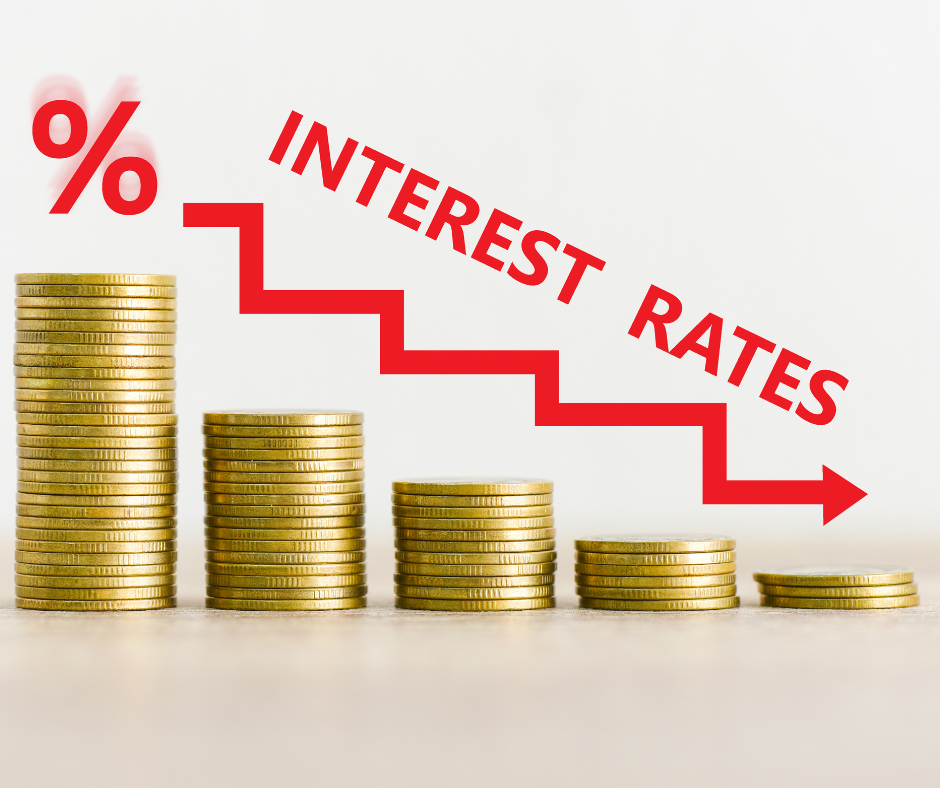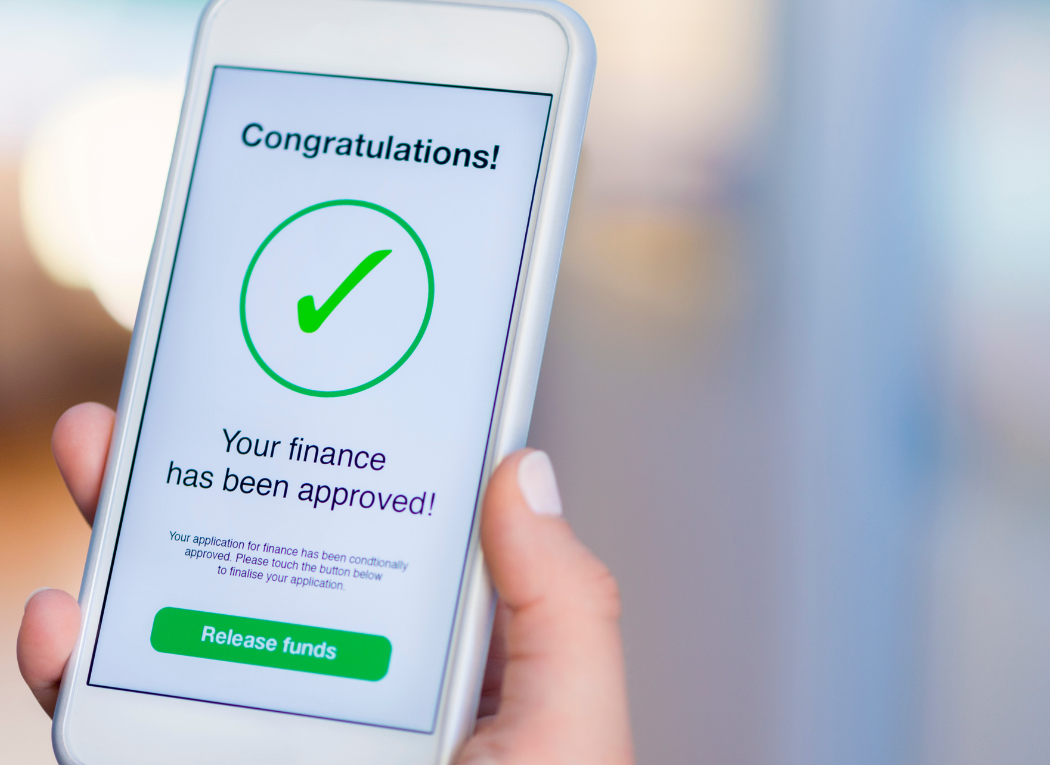Getting a car loan is an exciting step towards owning your dream set of wheels. But before you dive headfirst into the world of auto financing, there’s one crucial factor you need to consider: the interest rate. Yes, that tiny percentage can have a big impact on your overall loan cost and monthly payments. So, buckle up as we take a deep dive into the realm of car loan interest rates! In this blog post, we’ll break down everything you need to know about understanding and getting the best interest rate for your car loan. From factors that affect these rates to tips for negotiating with lenders, we’ve got you covered. So let’s rev those engines and hit the road to financial success!

Understanding interest rates
When it comes to understanding interest rates for car loans, it’s important to grasp the basic concept. Simply put, an interest rate is the cost you pay for borrowing money from a lender. It is usually expressed as a percentage of the loan amount and can vary depending on various factors.
One key thing to understand is that interest rates are influenced by market conditions and can fluctuate over time. Factors such as inflation, economic indicators, and monetary policies set by central banks play a role in determining these rates.
Another aspect to consider is your creditworthiness. Lenders will assess your credit score and financial history to determine the level of risk involved in lending you money. Those with higher credit scores generally qualify for lower interest rates, while individuals with less favorable credit profiles may face higher rates or even be denied financing altogether.
Additionally, the term length of your loan can impact the interest rate. Typically, shorter-term loans come with lower interest rates compared to longer-term loans because there is less time for potential economic changes or default risks.
Understanding these basic principles will help you navigate through the world of car loan interest rates more confidently. So before diving into any loan agreement, take some time to educate yourself about how these numbers work so that you can make informed decisions about your auto financing journey!
Factors that affect car loan interest rates
When it comes to car loan interest rates, there are several factors that lenders take into consideration. Understanding these factors can help you be better prepared when applying for a car loan.
1. Credit Score: Your credit score plays a significant role in determining the interest rate you’ll receive on your car loan. Lenders consider it as an indication of your ability to repay the loan on time.
2. Loan Term: The length of the loan term can affect the interest rate. Generally, shorter-term loans have lower interest rates compared to longer-term loans.
3. Down Payment: Making a larger down payment can lower your interest rate since it reduces the amount you need to borrow and shows lenders that you have a vested interest in repaying the loan.
4. Income and Debt-to-Income Ratio: Lenders also assess your income and debt-to-income ratio to determine if you have enough financial stability to handle monthly payments along with other obligations.
5. Market Conditions: Interest rates can vary based on market conditions, including economic trends and inflation rates.
Remember, each lender may weigh these factors differently, so it’s important to shop around and compare offers from various institutions before making a decision.

Average car loan interest rates
When it comes to taking out a car loan, one of the most important factors to consider is the interest rate. The interest rate will determine how much you end up paying for your vehicle in the long run. Understanding average car loan interest rates can help you make an informed decision and save money.
The average car loan interest rates can vary depending on several factors such as your credit score, the length of the loan term, and whether you are purchasing a new or used vehicle. Generally, borrowers with good credit scores tend to qualify for lower interest rates compared to those with lower scores.
According to recent data, the average interest rate for a new car loan is around 4% to 6%, while used car loans usually have slightly higher rates ranging from 5% to 8%. These figures are just averages and may fluctuate based on market conditions and individual lenders’ policies.
It’s essential to keep in mind that these numbers should serve as a starting point when researching car loan options. Individual lenders may offer different rates based on their specific criteria and borrower profiles. Shopping around and comparing multiple offers can help ensure that you secure the best possible rate for your situation.
Additionally, it’s worth noting that shorter-term loans often come with lower interest rates than longer-term ones. While opting for a longer repayment period might result in more manageable monthly payments, it could also mean paying more in total due to accruing additional interest over time.
How to get the best interest rate for your car loan
Getting the best interest rate for your car loan can save you a significant amount of money in the long run. Here are some tips to help you secure the most favorable terms for your auto financing.
1. Improve Your Credit Score: Lenders often use credit scores as a determining factor when setting interest rates. By maintaining a good credit history and paying off debts promptly, you can increase your chances of qualifying for lower rates.
2. Shop Around: Don’t settle for the first offer that comes your way. Take the time to research different lenders and compare their interest rates and terms. This will give you an idea of what is available in the market, allowing you to make an informed decision.
3. Make a Larger Down Payment: Putting more money down upfront can demonstrate financial stability to lenders and potentially lead to better interest rates on your car loan.
4. Consider Loan Term Options: Shorter loan terms generally come with lower interest rates but higher monthly payments. Evaluate your budget and determine which option aligns best with your financial goals.
5. Negotiate: Don’t be afraid to negotiate with lenders for better terms or seek pre-approval from multiple sources before making a final decision.
By implementing these strategies, you’ll be well-positioned to obtain the best possible interest rate on your car loan, saving yourself both time and money in the process

Tips for negotiating car loan interest rates
When it comes to getting a car loan, negotiating the interest rate can make a big difference in how much you ultimately pay. Here are some tips to help you secure the best possible interest rate for your car loan.
1. Do your research: Before heading to the dealership or lender, take some time to research current interest rates and compare offers from different institutions. This will give you an idea of what is realistic and help you negotiate with confidence.
2. Improve your credit score: Your credit score plays a significant role in determining the interest rate you qualify for. If your score could use some improvement, focus on paying down debt and making all payments on time to boost your creditworthiness.
3. Shop around: Don’t settle for the first offer that comes along. Shop around and get quotes from multiple lenders or dealerships so that you can compare rates and terms before making a decision.
4. Consider a larger down payment: Putting more money down upfront can reduce the amount borrowed, which may result in lower monthly payments and possibly even a better interest rate.
5. Be prepared to negotiate: When discussing financing options with lenders or dealerships, be prepared to negotiate on both price and interest rate. It’s important to advocate for yourself and not be afraid
Alternatives to traditional car loans
When it comes to financing a car, traditional car loans are not the only option available. In fact, there are several alternatives that you can consider that may suit your financial situation and preferences better.
One alternative is leasing a car. With a lease, you essentially rent the vehicle for a specified period of time, usually around 2-3 years. This allows you to drive a new car without committing to ownership. Leasing often requires lower monthly payments compared to buying since you’re only paying for the depreciation of the vehicle during the lease term.
Another option is borrowing from family or friends. If you have someone close who is willing and able to lend you money, this could be an attractive choice as it may come with little or no interest charges. However, make sure both parties agree on repayment terms and conditions to avoid any potential strain on relationships.
If you have good credit and own valuable assets like your home, using a home equity line of credit (HELOC) might be worth considering. A HELOC allows you to borrow against the equity in your property at typically lower interest rates than traditional car loans.
Some dealerships offer in-house financing options where they act as both the seller and lender for your vehicle purchase. While these loans may have higher interest rates compared to conventional lenders, they can be more accessible if your credit history is less than perfect.
Remember that each alternative has its pros and cons depending on your unique circumstances and priorities when it comes to owning or leasing a vehicle. It’s important to thoroughly research each option before making any decisions so that you can choose what works best for you!

Conclusion
Understanding the intricacies of car loan interest rates is essential when considering financing options for your next vehicle. The interest rate you receive can greatly impact the overall cost of your car loan and determine how much you pay each month.
Factors such as credit score, loan term, down payment, and the type of vehicle all play a role in determining your car loan interest rate. It’s important to shop around and compare offers from different lenders to ensure you’re getting the best possible rate.
Remember that negotiating your car loan interest rate is possible. By improving your credit score, making a larger down payment, or opting for a shorter loan term, you may be able to secure a lower interest rate.
If traditional car loans don’t suit your needs or if you’re looking for alternatives, consider exploring options such as personal loans or leasing arrangements. These alternative financing methods may offer more flexibility depending on your situation.
Understanding how car loan interest rates work and taking steps to find the best possible rate can save you money in the long run. Whether through negotiation or exploring alternative financing options, it’s worth putting in the effort to secure an affordable car loan with favorable terms. With careful consideration and research, you’ll be well-equipped to make informed decisions about financing your next vehicle purchase.




